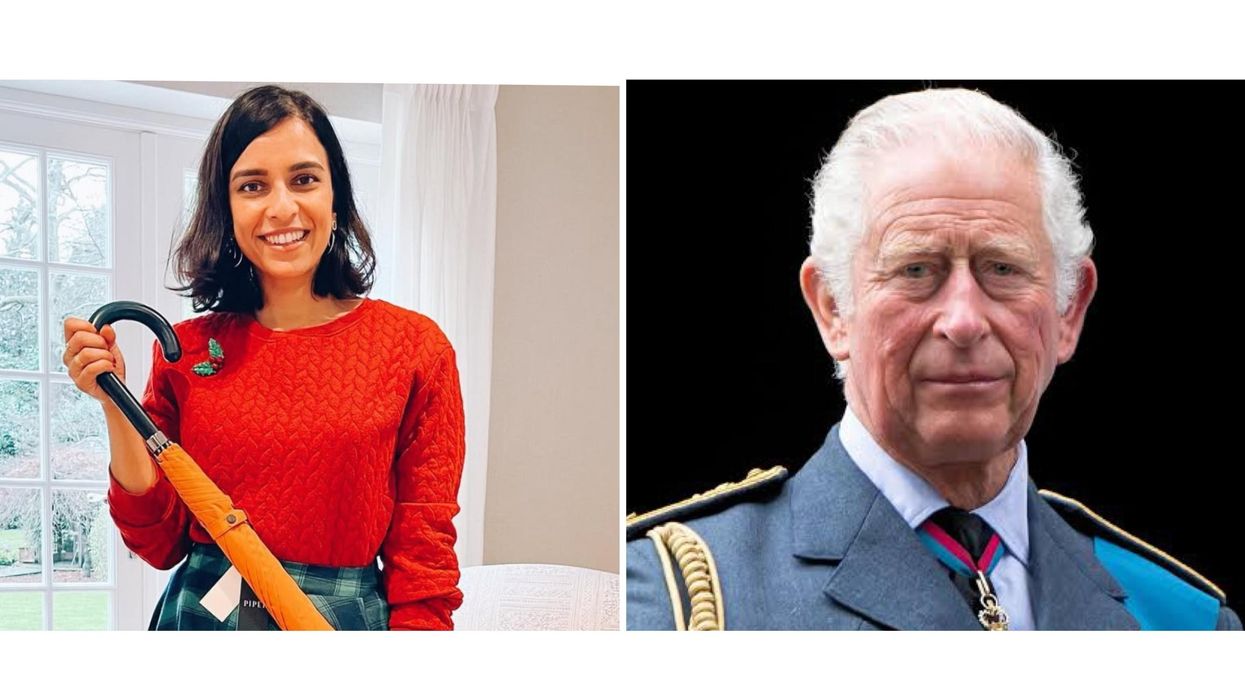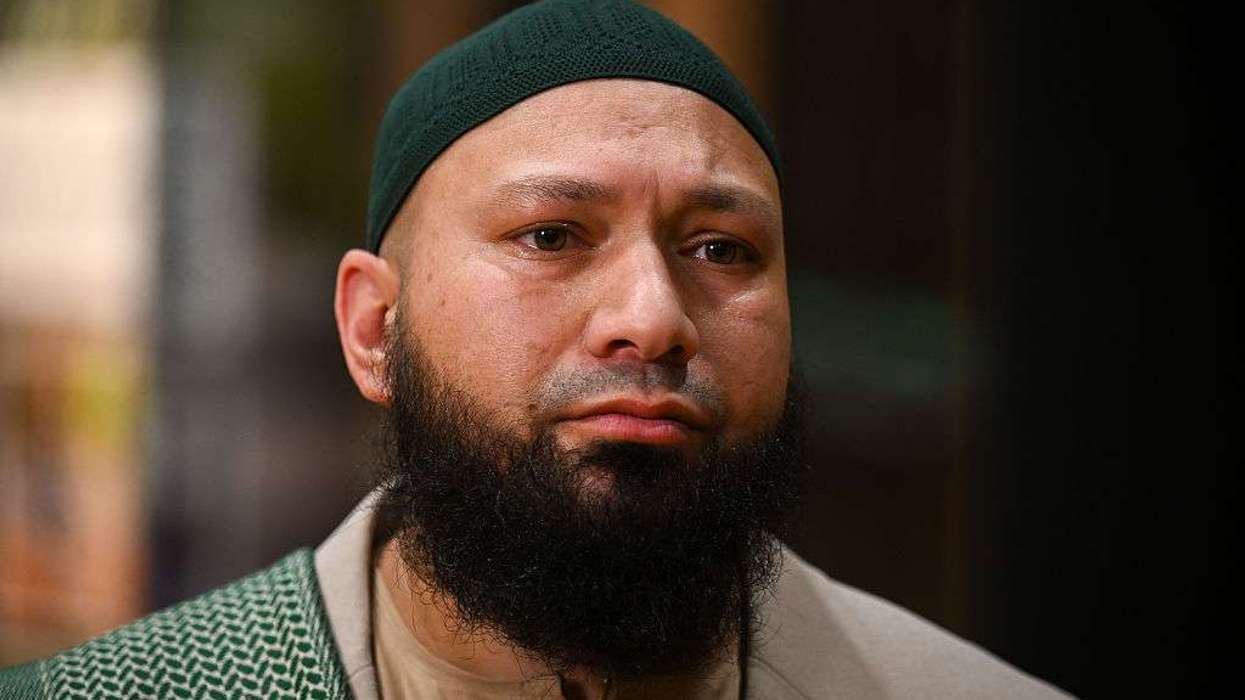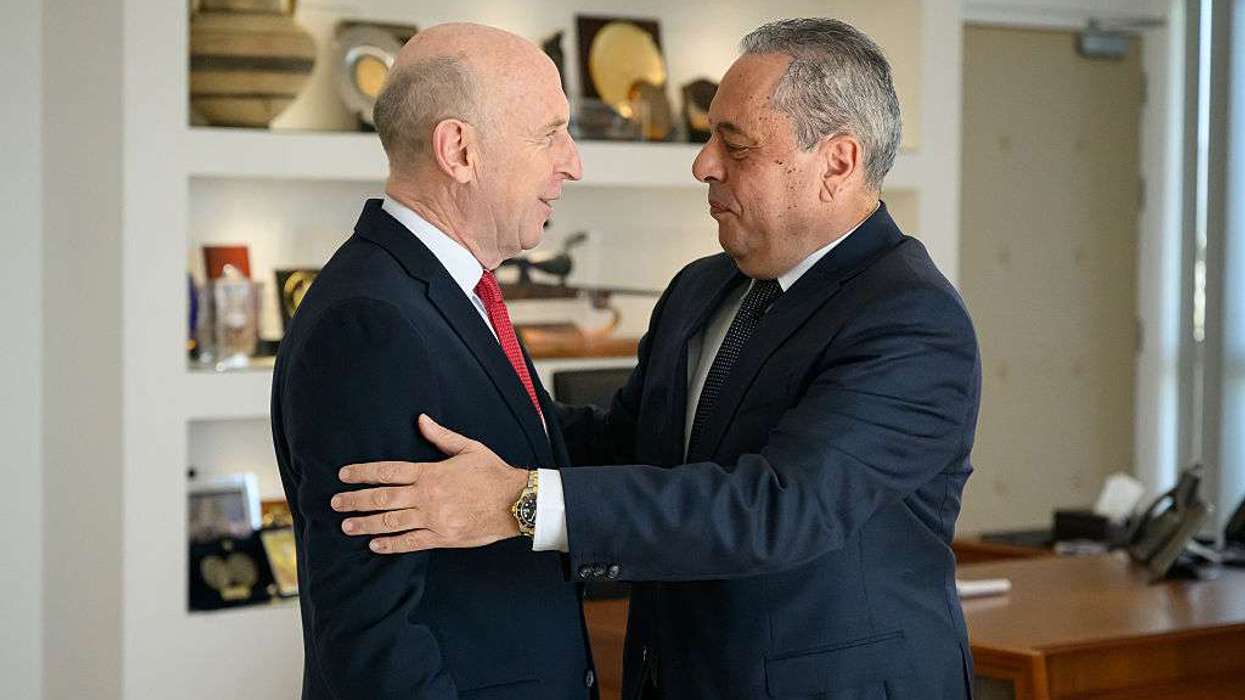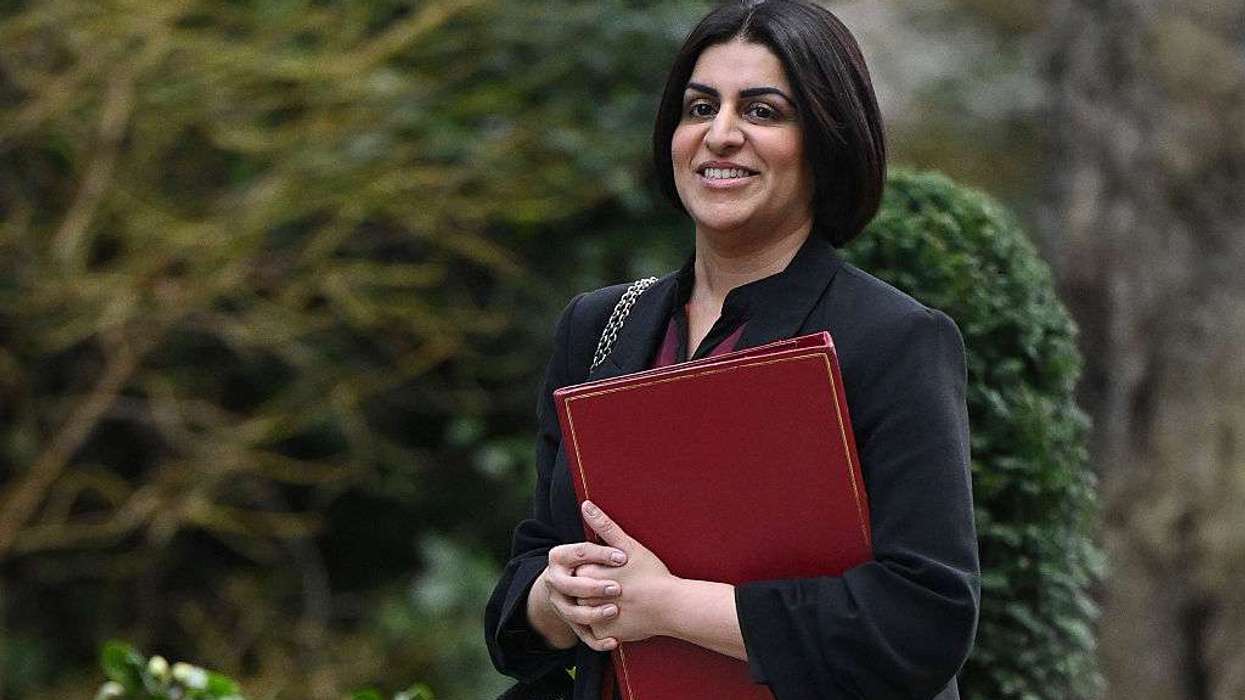In the intricate tapestry of the British monarchy's operations, certain individuals stand out for their unique contributions and backgrounds. One such figure is Muna Shamsuddin, a woman whose journey from the serene landscapes of Kerala’s Kasaragod to the bustling corridors of Buckingham Palace epitomises dedication, cultural fusion, and exceptional service. Her role as Assistant Private Secretary to King Charles III showcases her remarkable diplomatic career and her ability to bridge cultural divides at the highest level of governance.
Roots in Kerala
Muna Shamsuddin’s story begins in Kasaragod, a picturesque district in Kerala, India. Born to the late Dr Puthyapurayil Shamsuddin, a distinguished lawyer, and Shahnaz alias Sayedunnisa, Muna was raised in an environment that placed a strong emphasis on education and cultural heritage. Her father’s career as a legal expert took the family to several countries, including the USA, UK, and Saudi Arabia, before they eventually settled in Birmingham, UK. This international exposure not only broadened Muna's worldview but also cultivated a sense of adaptability and ambition that would later define her career. Her early experiences, combined with a multicultural upbringing, laid a solid foundation for her to navigate the complex world of international diplomacy.
Academic and professional ascendancy
Muna’s academic journey was marked by her natural aptitude for analytical subjects. She pursued a degree in Mathematics and Engineering at the University of Nottingham, one of the UK's most prestigious institutions. Her passion for problem-solving and global affairs led her to join the British Foreign Service shortly after completing her studies. Muna’s career in diplomacy quickly gained momentum, as she took on various roles that required her to manage political relationships and navigate international challenges.
Her impressive rise through the ranks saw her taking on responsibilities at the British Consulate General in Jerusalem, where she served as the Consul Political and Head of the Political Team. This role not only tested her diplomatic acumen but also solidified her reputation as a capable leader in foreign relations. In one of her career highlights, she became the Deputy Head of Mission at the British Deputy High Commission in Karachi, Pakistan. Here, she made history as the first woman of South Asian heritage to hold the position, marking a significant achievement in the diplomatic world and setting an example for future generations.
Stepping into royal service
In August 2023, Muna’s career took a notable turn when she was appointed Assistant Private Secretary to King Charles III. This prestigious role within the British Royal Family places her at the forefront of managing the King’s official engagements and overseeing the intricate details of his public appearances. Muna’s responsibilities extend beyond the UK, as she accompanies King Charles on his international visits, ensuring the smooth coordination of these high-profile trips. Her appointment underscores not only her expertise in diplomacy but also the British Royal Family’s commitment to embracing diversity and inclusivity in its leadership structure.
Muna’s role as Assistant Private Secretary requires a keen understanding of protocol, diplomacy, and cultural sensitivities—qualities that she has cultivated throughout her career. Her presence in Buckingham Palace is a testament to the trust that King Charles III and his team have placed in her abilities.
A stellar diplomatic career
Muna Shamsuddin’s professional journey began in 2008 when she took on the role of International Trade Officer at the Department for Environment, Food, and Rural Affairs. This early exposure to international trade and diplomacy set the stage for her career in the British Foreign Service. In 2009, she transitioned to the Foreign and Commonwealth Office as a diplomat, marking her entry into high-level political affairs. Over the years, her career saw her take on key diplomatic positions, including serving as the Second Secretary Political at the British Embassy, and later as the Consul Political and Head of Political Team at the British Consulate General in Jerusalem. In a remarkable achievement, she became the Deputy Head of Mission at the British Deputy High Commission in Karachi, Pakistan, further demonstrating her prowess in diplomacy and international relations. Before her current role at Buckingham Palace, she held various positions at the Foreign, Commonwealth, and Development Office, steadily rising through the ranks due to her dedication and expertise.
Personal life and family legacy
Muna’s personal life is deeply connected to her family’s legacy of resilience and achievement. Her father, Dr Puthyapurayil Shamsuddin, was a respected lawyer whose career took him across multiple continents, including the USA and the UK. His dedication to his profession and his ability to adapt to different cultures undoubtedly influenced Muna’s own career choices. Today, Muna continues to uphold the values instilled in her by her family as she navigates her high-profile role in the British monarchy. Muna’s husband, David, is also committed to international service, working as an official for the United Nations, further enriching the family’s global perspective.
King Charles III and India: A symbiotic relationship
King Charles III’s long-standing affinity for India is well-documented, and it is no surprise that he would appoint someone like Muna Shamsuddin, who embodies a deep understanding of both British and Indian cultures. King Charles has visited India ten times since 1975, and his appreciation for the country’s rich traditions and culture has been evident throughout his reign. From his patronage of institutions like “The Bhavan” to hosting Indian dignitaries and officials, King Charles has demonstrated a genuine respect for India’s heritage. This mutual respect between Muna and the King adds a layer of cultural synergy to their professional interactions, further enriching the diversity of the royal household.
A journey of diplomacy and cultural connection
Muna Shamsuddin’s remarkable journey from Kerala’s Kasaragod to Buckingham Palace highlights her unwavering dedication and exceptional diplomatic skills. Her story is a testament to how talent and perseverance can transcend borders, bringing diverse cultures together in the highest echelons of public service. As she continues to play a pivotal role in the British monarchy, Muna’s path serves as an inspiring example of how individuals can make a global impact while staying rooted in their heritage.





